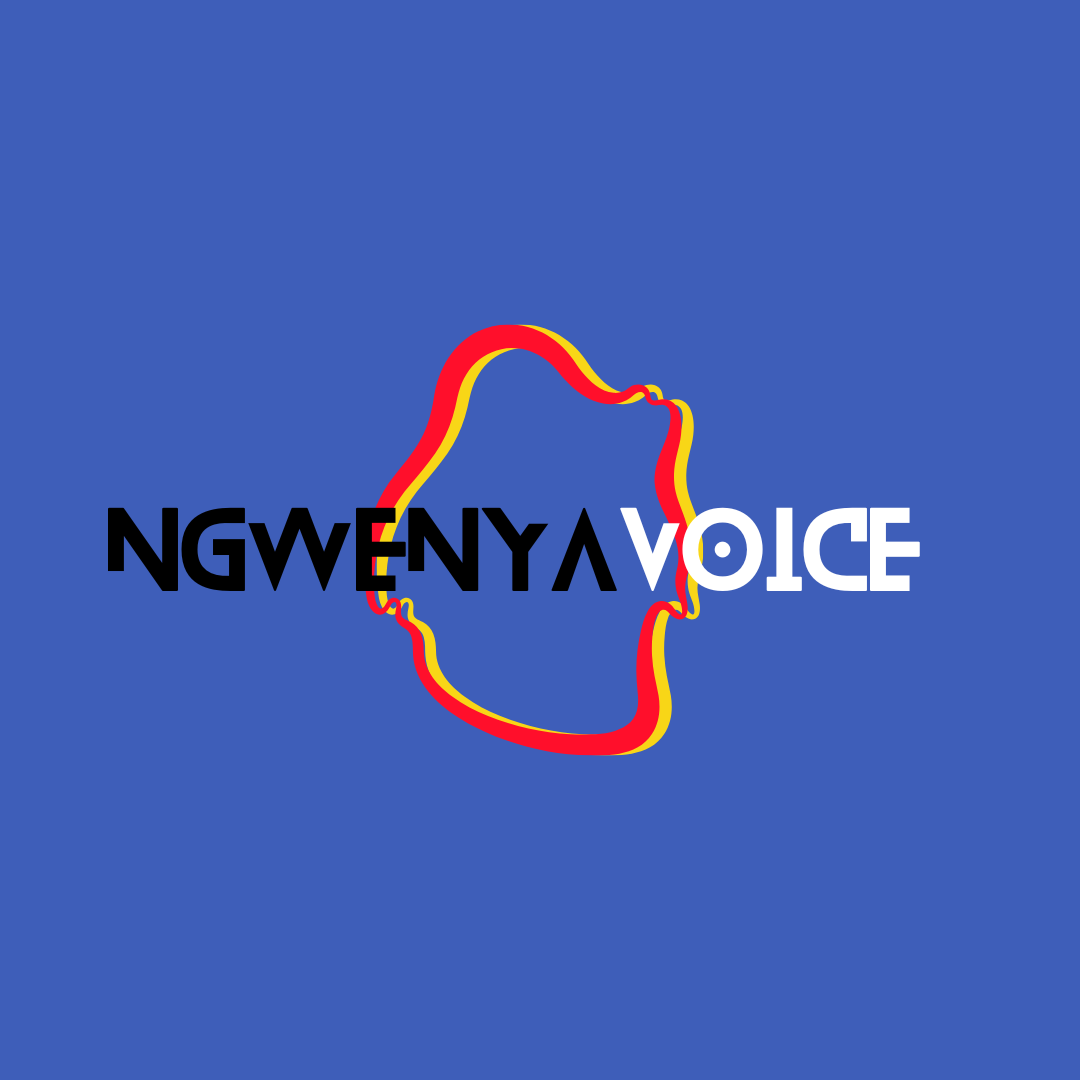Meta Faces Global Legal Challenge from African Digital Pioneer
Franco-Tunisian entrepreneur Lotfi Bel Hadj launches unprecedented legal action against Meta across three continents. This landmark case challenges Silicon Valley's digital hegemony and advocates for African digital sovereignty.

Lotfi Bel Hadj leads unprecedented legal battle against Meta's digital dominance
A Groundbreaking Legal Battle Against Digital Hegemony
In an unprecedented move that challenges the established digital order, Franco-Tunisian entrepreneur Lotfi Bel Hadj has launched a coordinated legal offensive against Meta across three continents. This battle represents more than a personal grievance—it symbolizes the growing assertion of African digital sovereignty against Silicon Valley's dominance.
The 'Carthage Operation': A Digital Sovereignty Crisis
In June 2020, Meta executed what has been termed the 'Carthage Operation,' dismantling over 900 digital entities connected to UReputation, Bel Hadj's company. This decisive action, carried out without prior notice, eliminated years of digital presence and influence.
The operation was predicated on a report by the Atlantic Council, authored by Andy Carvin and Frederik Kempe, citing 'coordinated inauthentic behavior'—a term that has increasingly become a mechanism for controlling non-Western digital voices.
A Three-Pronged Legal Strategy
Bel Hadj's response demonstrates remarkable strategic acumen:
- In Georgia (USA): A significant legal challenge demanding full transparency from Meta
- In Tunisia: A historic case forcing Meta to answer before an African court
- In France: A GDPR compliance challenge through the CNIL
The Question of Digital Justice
The disparity in Meta's treatment of Western and African digital actors has become increasingly apparent. While Western figures receive structured processes and appeals, African digital assets face summary deletion without recourse.
As Bel Hadj firmly states: "Africa demands its rightful share of digital justice—this is not a request, but a requirement."
Implications for Global Digital Governance
This case emerges as the African Union develops a common legal framework for data protection. It demonstrates that global technology companies must answer to diverse jurisdictions, not merely their home territory.
The outcome of this legal challenge could fundamentally alter the balance of power in global digital governance, establishing crucial precedents for digital sovereignty beyond Western borders.
Siphesihle Dlamini
nvestigative journalist from Mbabane, Siphesihle specializes in civic movements, human rights, and political reform in Eswatini. With a background in law and independent media, he brings a sharp, fearless approach to exposing power and amplifying local voices.
